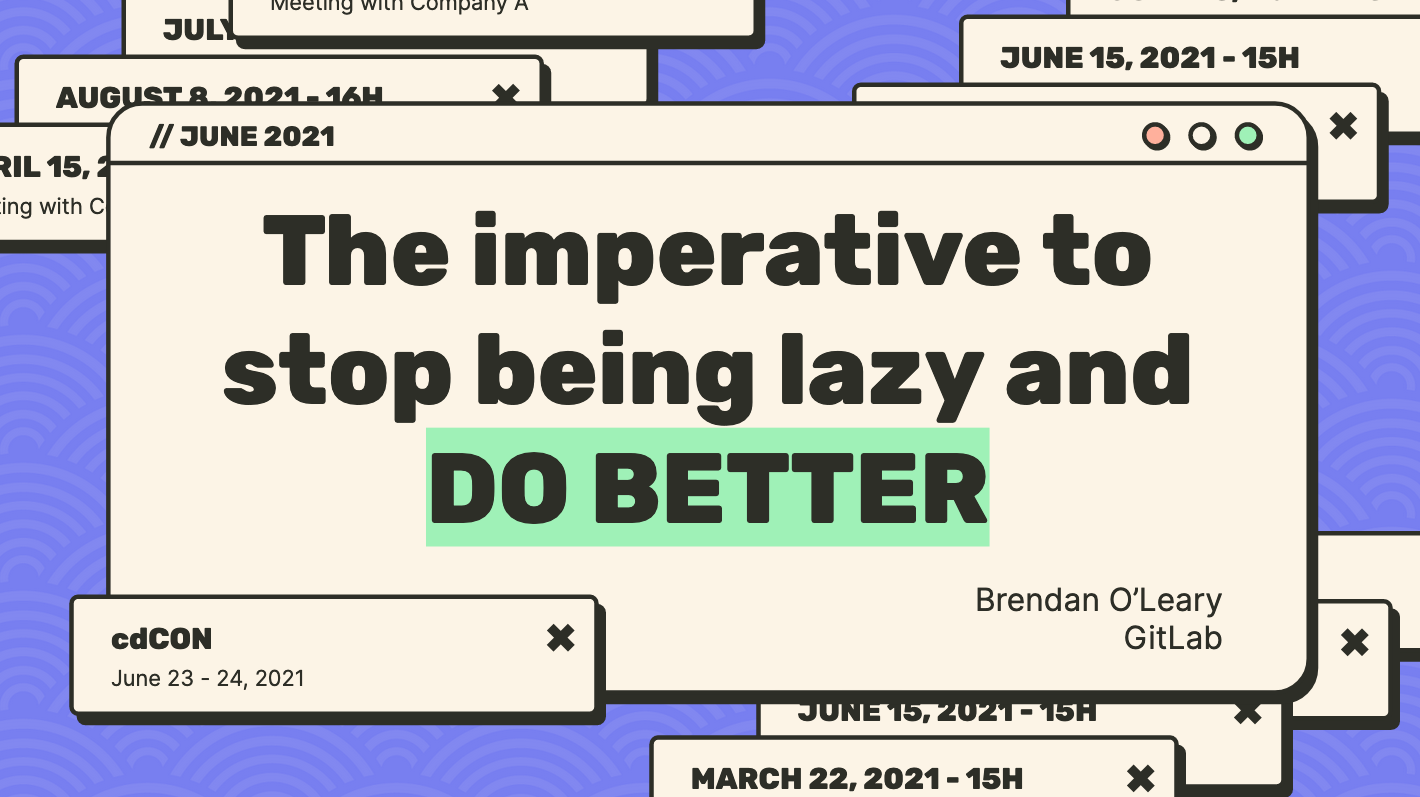Abstract
Short
There are a lot of challenging, unsolved problems in software. Building accessible, inclusive, smart software is a solved one…do better.
My last name is valid. Despite what countless apps and websites have tried to tell me, it is reasonable to have an apostrophe in a name. I get it; SQL is hard. But it doesn’t “solve” the problem to have validation, saying, “Please enter a valid last name.” Talk about invalidating someone’s experience in life. And that’s not even that big of a deal. But this kind of carelessness is all too common in tech. Many other people’s identities are marginalized even more severely when developers are careless.
In this talk, we’ll examine examples of each of these types of inclusion. We’ll show how these issues have already been solved; it just requires the determination and compassion to choose to make our products more accessible and more inclusive.
Long
There are a lot of challenging, unsolved problems in software. Building accessible, inclusive, smart software is a solved one…do better.
My last name is valid. Despite what countless apps and websites have tried to tell me over the previous few decades, it is reasonable to have an apostrophe in a name. I get it; SQL can be hard. Many “solve” this problem through form validation, saying, “Please enter a valid last name.” Talk about invalidating someone’s experience in life.
And that’s not even that big of a deal. I’ve learned to live with it. My father doesn’t even try to enter the apostrophe anymore. But this kind of carelessness is all too common in tech. Many other people’s identities are marginalized even more severely when developers add forms with “gender” questions that contain no sensitivity to folks with diverse gender identities. Putting “other” doesn’t make your form inclusive…it makes it worse. The internet and technology were supposed to be the great equalizer - everyone’s ability to contribute, have their voices heard and participate. Yet, we struggle to this day, making our applications fully accessible to those who are differently-abled than us. And a lack of tech diversity can lead to further marginalizing people of color and other minority groups.
We can and must do better. In this talk, we’ll examine examples of each of these types of inclusion. And then, we’ll show how these issues have already been solved; it just requires the determination and compassion to choose to make our products more accessible and more inclusive.
